Some informed people believe that its history has little to do with science and more to do with powerful forces with financial interests in sugar and sweeteners. Be that as it may two events in the USA are about to clear up the whole mess:
https://www.canceractive.c...
Currently, there’s no ev
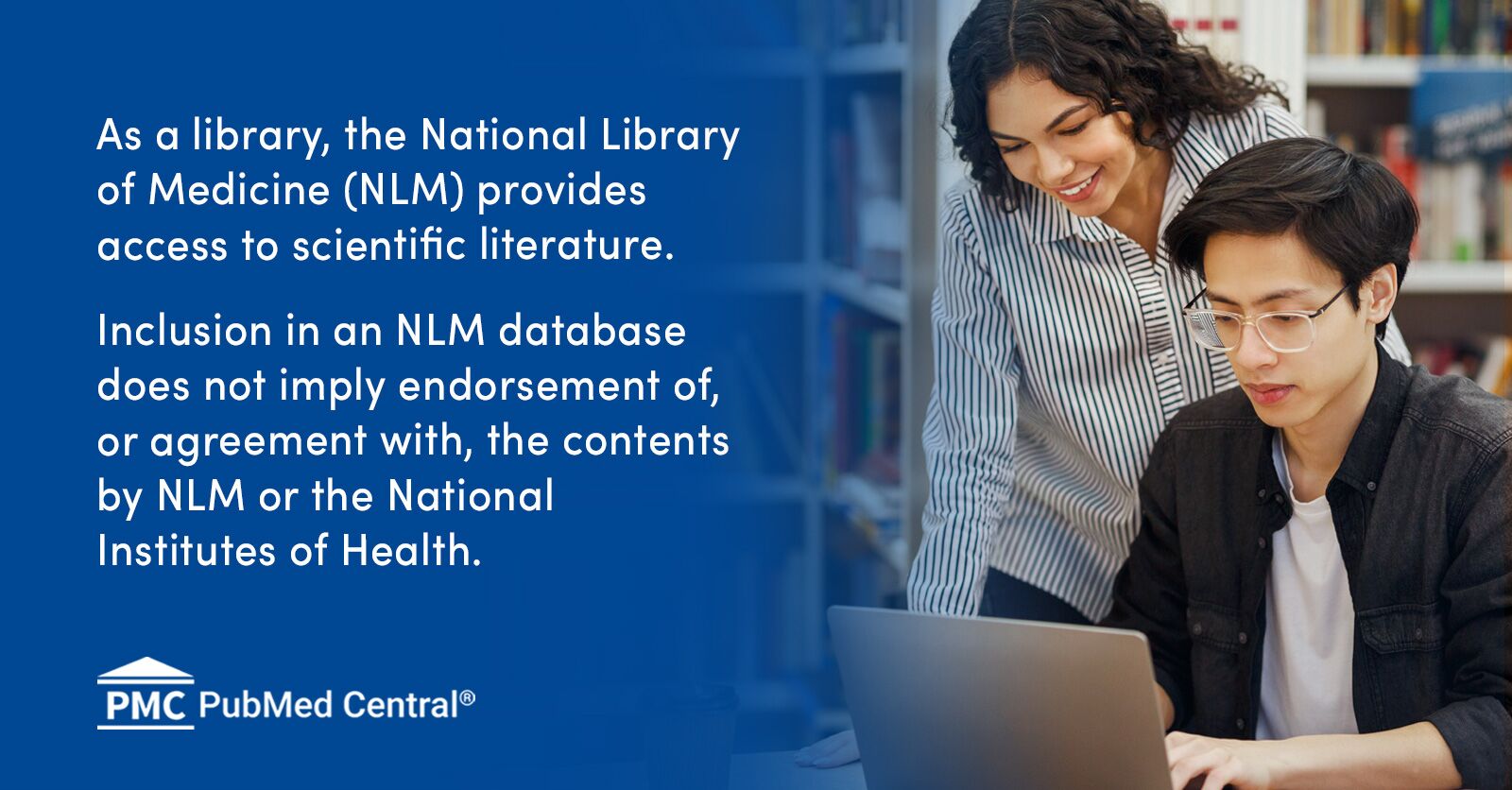
Stevia, Nature’s Zero-Calorie Sustainable Sweetener - PMC
Stevia is a plant native to South America that has been used as a sweetener for hundreds of years. Today, zero-calorie stevia, as high-purity stevia leaf extract, is being used globally to reduce energy and added sugar content in foods and beverages. ...
https://www.ncbi.nlm.nih.gov/pmc/articles/PMC4890837/There isn't enough reliable information to know if it is safe to take stevia when pregnant or breast-feeding. Stay on the safe side and avoid use.
#Stevia #kombucha #ikombucha_ro #ikombucha
https://www.ncbi.nlm.nih.g...
Why might stevia be bad for you? While it’s generally safe to consume, in some people, it may cause mild si
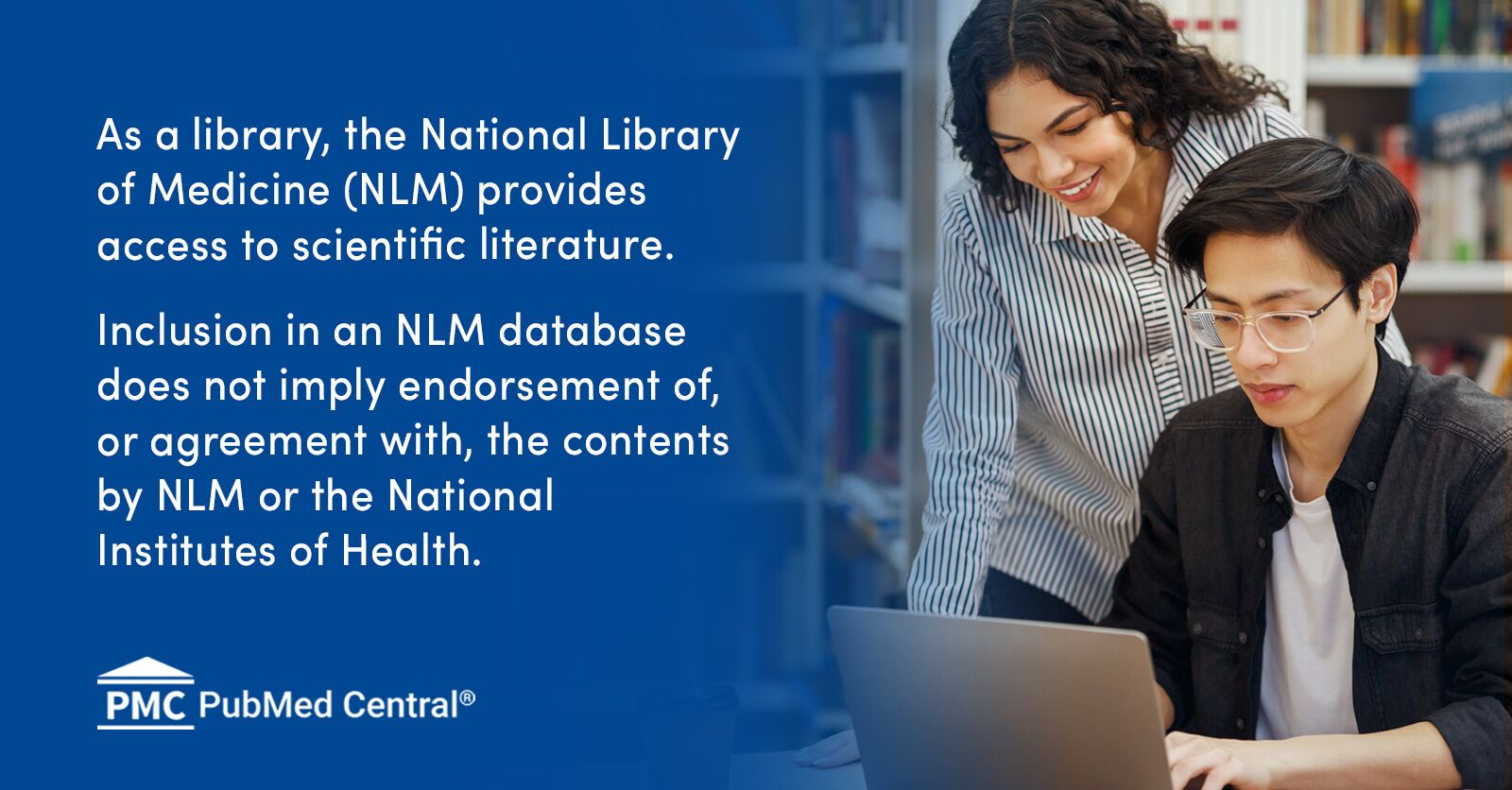
Stevia, Nature’s Zero-Calorie Sustainable Sweetener - PMC
Stevia is a plant native to South America that has been used as a sweetener for hundreds of years. Today, zero-calorie stevia, as high-purity stevia leaf extract, is being used globally to reduce energy and added sugar content in foods and beverages. ...
https://www.ncbi.nlm.nih.gov/pmc/articles/PMC4890837/Although stevia is considered safe for people with diabetes, brands that contain dextrose or maltodextrin should be treated with caution.
Dextrose is glucose, and maltodextrin is a starch. These ingredients add small amounts of carbs and calories. Sugar alcohols may also slightly tip the carb count.
#Stevia #kombucha #ikombucha_ro #ikombucha
https://www.healthline.com...

Everything You Need to Know About Stevia Sweeteners – Food Insight
Download the Stevia Fact Sheet for Consumers here Download the Stevia CPE Self-Study Activity here Learn more about the Stevia CPE Self-Study Activity here WHAT ARE STEVIA SWEETENERS? Stevia sweeteners…
https://foodinsight.org/everything-you-need-to-know-about-stevia-sweeteners/Currently, there’s no evidence linking stevia to cancer when used in normal amounts. Some research suggests it may even have some health benefits. A number of studies stress the need for more research into the potential benefits and risks of stevia.
#Stevia #kombucha #ikombucha_ro #ikombucha
https://foodinsight.org/ev...
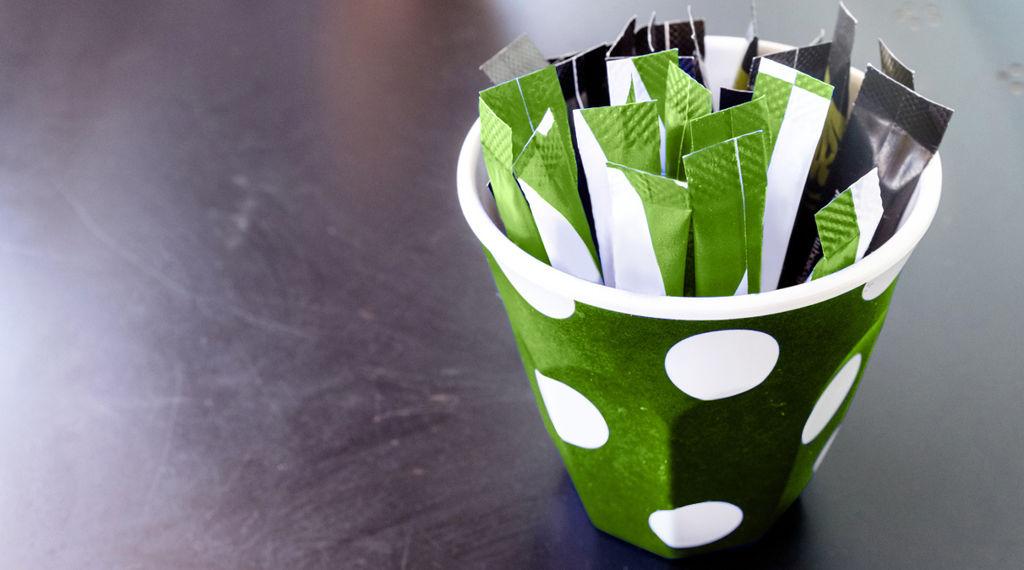
Everything You Need to Know About Stevia Sweeteners – Food Insight
Download the Stevia Fact Sheet for Consumers here Download the Stevia CPE Self-Study Activity here Learn more about the Stevia CPE Self-Study Activity here WHAT ARE STEVIA SWEETENERS? Stevia sweeteners…
https://foodinsight.org/everything-you-need-to-know-about-stevia-sweeteners/Aspartame comes with a warning to be used cautiously (or not at all) by people with a rare genetic disease (called phenylketonuria, or PKU) because they have trouble metabolizing it; that's not true for the other sweeteners. And all four vary on their level of sweetness and aftertaste, which is likely why people often prefer one over another.
#Stevia #kombucha #iko
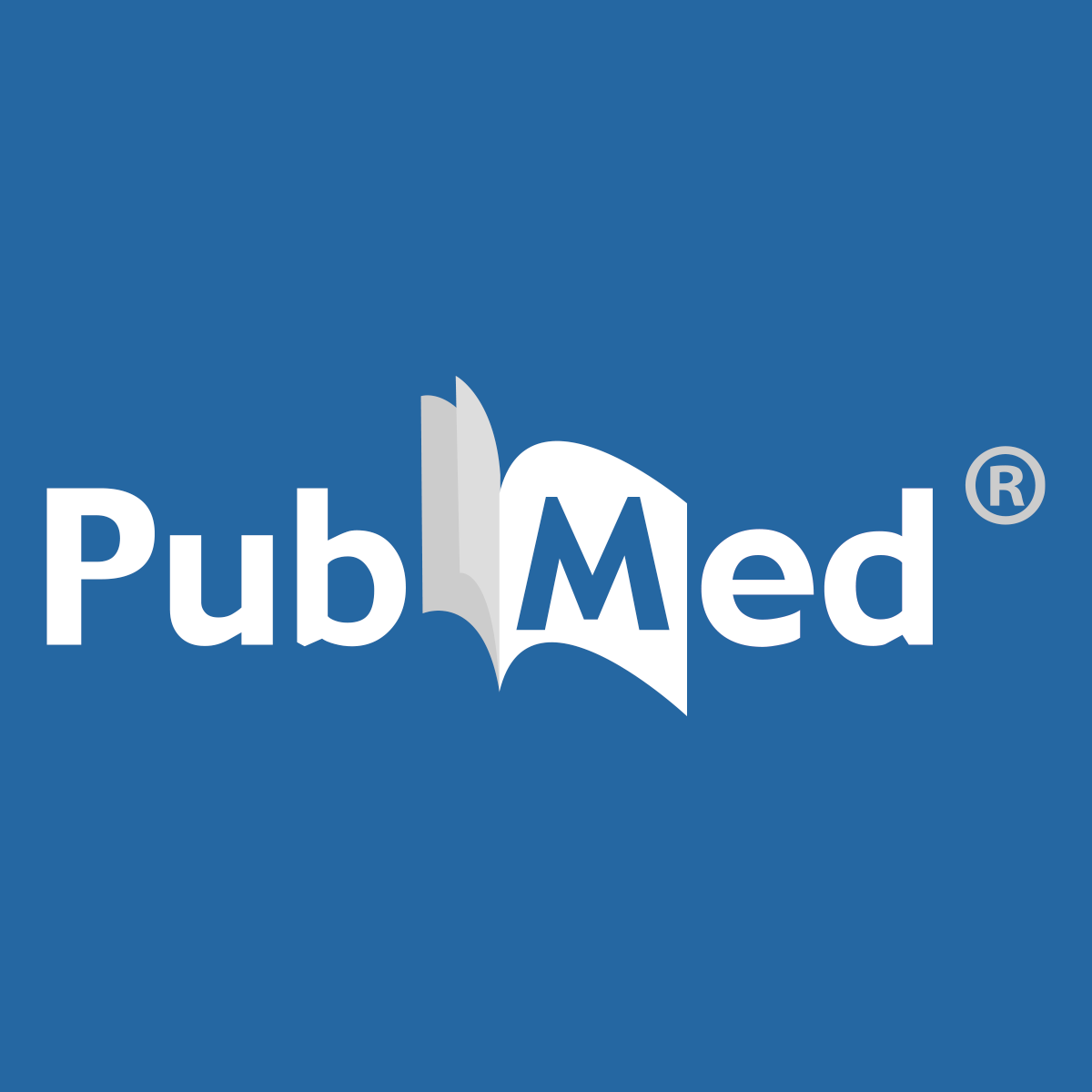
Stevia rebaudiana Bertoni and Its Effects in Human Disease: Emphasizing Its Role in Inflammation, Atherosclerosis and Metabolic Syndrome - PubMed
A growing body of evidence indicates that Stevia rebaudiana Bertoni is protective against malignant conversion by inhibition of DNA replication in human cancer cell growth in vitro. Consumption of Stevia has demonstrated to be generally safe in most reports. Further clinical studies are warranted to..
https://pubmed.ncbi.nlm.nih.gov/29995279/In fact, the increased consumption of these sugar substitutes may correlate to the increase of obesity and diabetes cases.
#Stevia #kombucha #ikombucha_ro #ikombucha
https://www.healthline.com...

Stevia rebaudiana Bertoni and Its Effects in Human Disease: Emphasizing Its Role in Inflammation, Atherosclerosis and Metabolic Syndrome - PubMed
A growing body of evidence indicates that Stevia rebaudiana Bertoni is protective against malignant conversion by inhibition of DNA replication in human cancer cell growth in vitro. Consumption of Stevia has demonstrated to be generally safe in most reports. Further clinical studies are warranted to..
https://pubmed.ncbi.nlm.nih.gov/29995279/#Stevia #kombucha #ikombucha_ro #ikombucha
https://facty.com/food/nut...
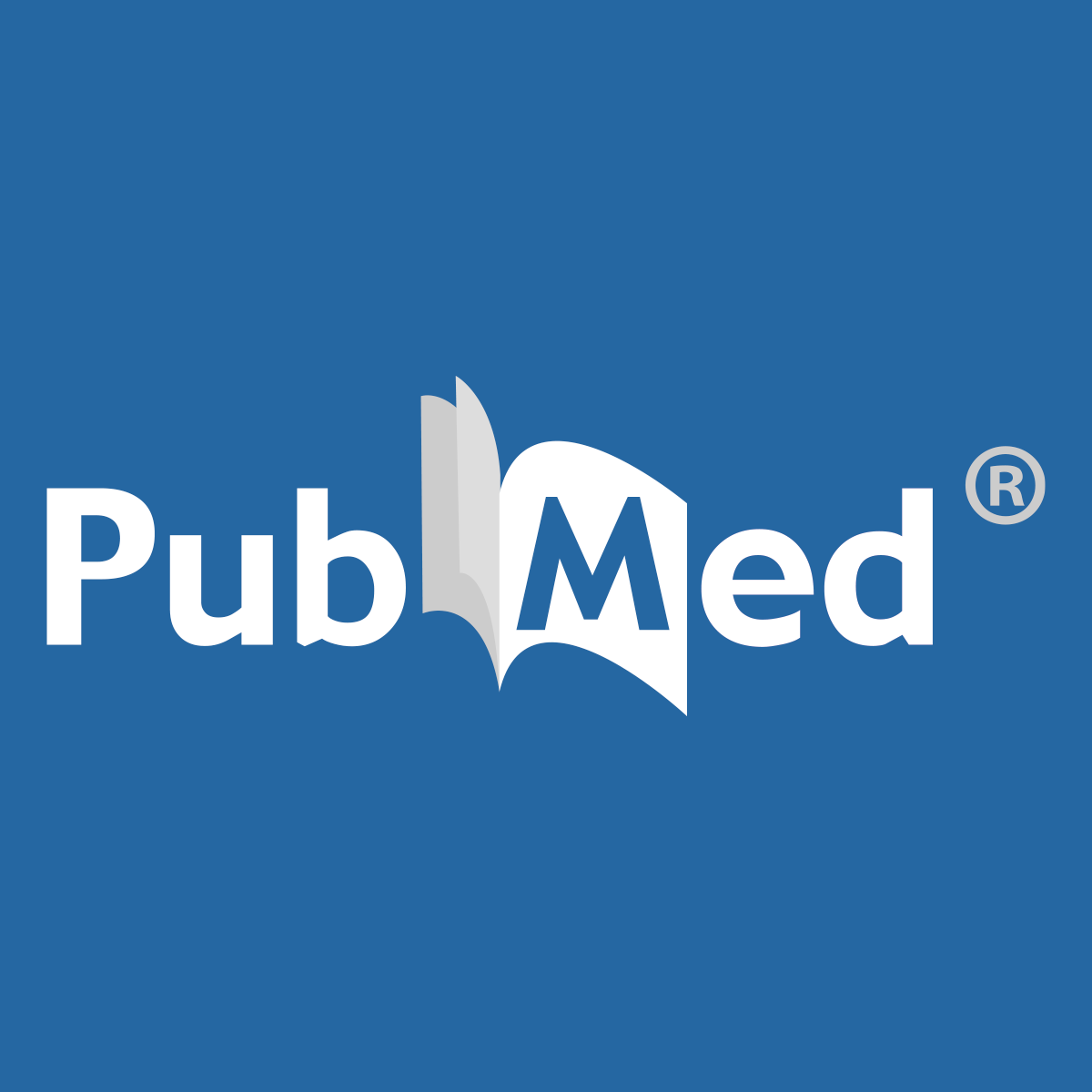
Stevia rebaudiana Bertoni and Its Effects in Human Disease: Emphasizing Its Role in Inflammation, Atherosclerosis and Metabolic Syndrome - PubMed
A growing body of evidence indicates that Stevia rebaudiana Bertoni is protective against malignant conversion by inhibition of DNA replication in human cancer cell growth in vitro. Consumption of Stevia has demonstrated to be generally safe in most reports. Further clinical studies are warranted to..
https://pubmed.ncbi.nlm.nih.gov/29995279/https://www.frontiersin.or...
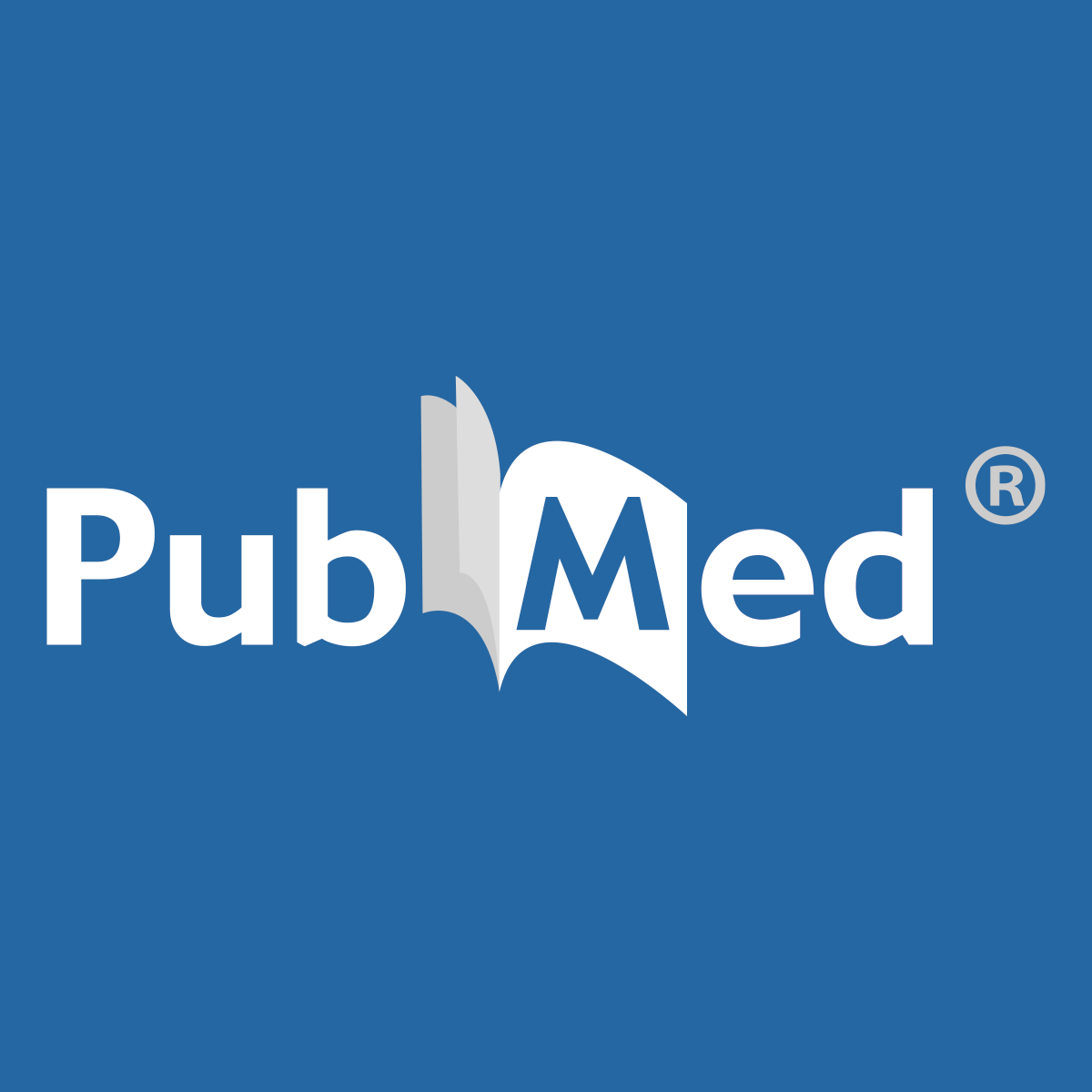
Stevia rebaudiana Bertoni and Its Effects in Human Disease: Emphasizing Its Role in Inflammation, Atherosclerosis and Metabolic Syndrome - PubMed
A growing body of evidence indicates that Stevia rebaudiana Bertoni is protective against malignant conversion by inhibition of DNA replication in human cancer cell growth in vitro. Consumption of Stevia has demonstrated to be generally safe in most reports. Further clinical studies are warranted to..
https://pubmed.ncbi.nlm.nih.gov/29995279/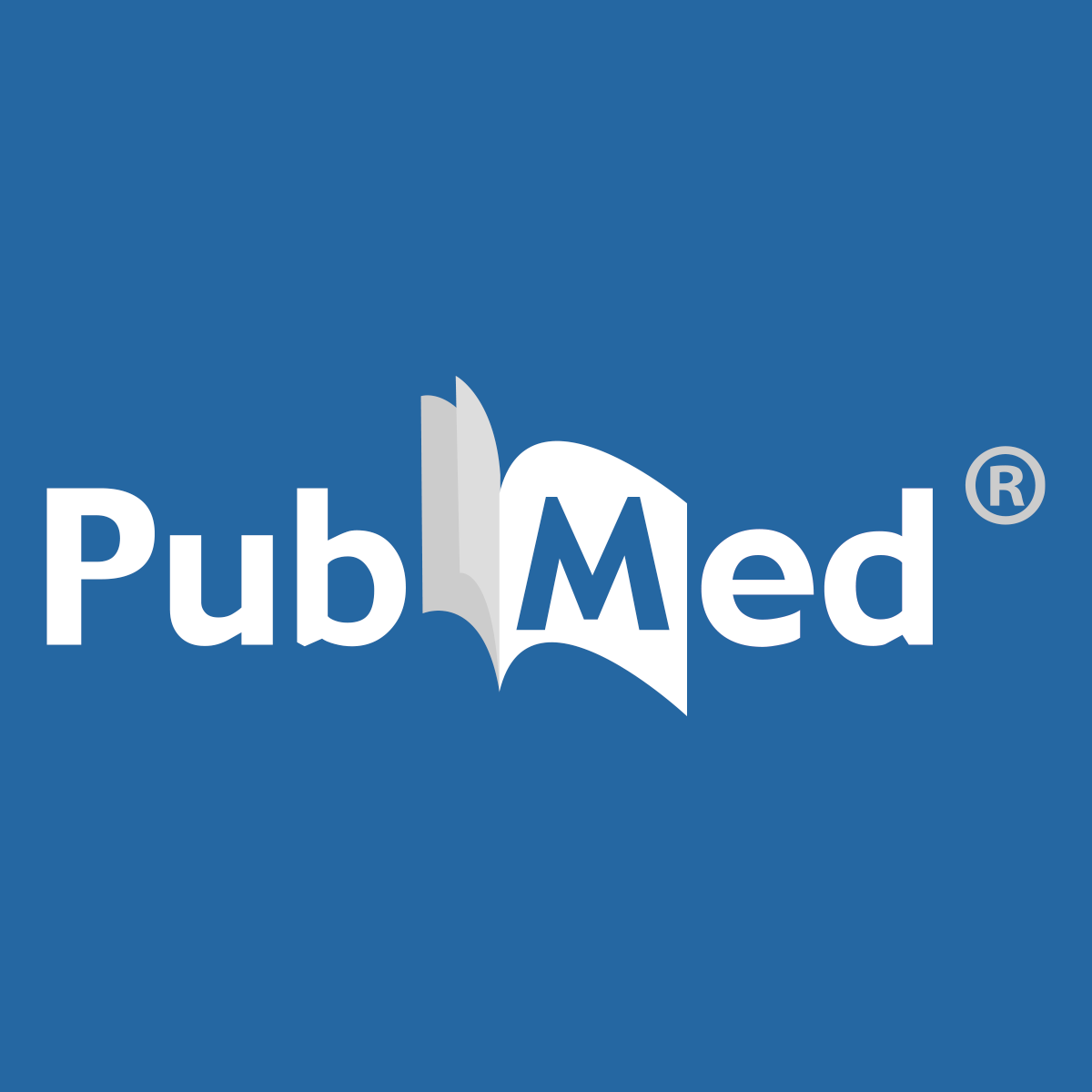
Stevia rebaudiana Bertoni and Its Effects in Human Disease: Emphasizing Its Role in Inflammation, Atherosclerosis and Metabolic Syndrome - PubMed
A growing body of evidence indicates that Stevia rebaudiana Bertoni is protective against malignant conversion by inhibition of DNA replication in human cancer cell growth in vitro. Consumption of Stevia has demonstrated to be generally safe in most reports. Further clinical studies are warranted to..
https://pubmed.ncbi.nlm.nih.gov/29995279/Consider foods and nutrients like cruciferous vegetables (Brussels sprouts, cabbage, broccoli, cauliflower, kale), silymarin, dandelion, resveratrol, curcumin, magnesium, zinc, limonene, B vitamins, and omega-3 oils to help your liver’s glucuronidation pathway.
#Stevia #kombucha #ikombucha_ro #ikombucha
https://www.bbc.com/mundo/...
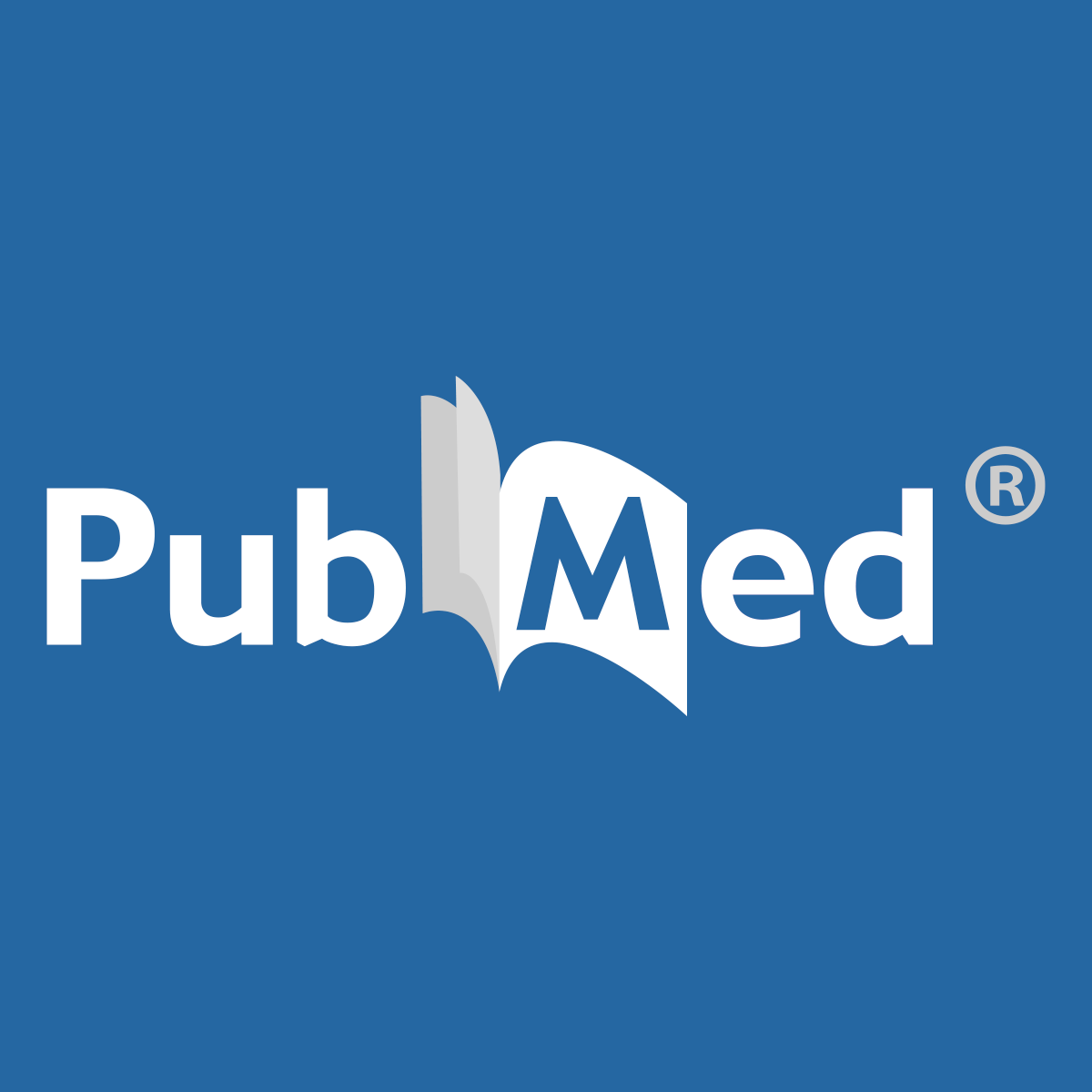
Stevia rebaudiana Bertoni and Its Effects in Human Disease: Emphasizing Its Role in Inflammation, Atherosclerosis and Metabolic Syndrome - PubMed
A growing body of evidence indicates that Stevia rebaudiana Bertoni is protective against malignant conversion by inhibition of DNA replication in human cancer cell growth in vitro. Consumption of Stevia has demonstrated to be generally safe in most reports. Further clinical studies are warranted to..
https://pubmed.ncbi.nlm.nih.gov/29995279/Avoid processed refined sugars and foods with added sugars, but rather use raw local honey, blackstrap molasses, real maple syrup, or other natural sugars. Think about it, would your grandmother or great grandmother use something like refined stevia in their made from scratch homemade recipes?
#Stevia #kombucha #ikombucha_ro #ikombucha
https://medlineplus.gov/sp...

Stevia rebaudiana Bertoni and Its Effects in Human Disease: Emphasizing Its Role in Inflammation, Atherosclerosis and Metabolic Syndrome - PubMed
A growing body of evidence indicates that Stevia rebaudiana Bertoni is protective against malignant conversion by inhibition of DNA replication in human cancer cell growth in vitro. Consumption of Stevia has demonstrated to be generally safe in most reports. Further clinical studies are warranted to..
https://pubmed.ncbi.nlm.nih.gov/29995279/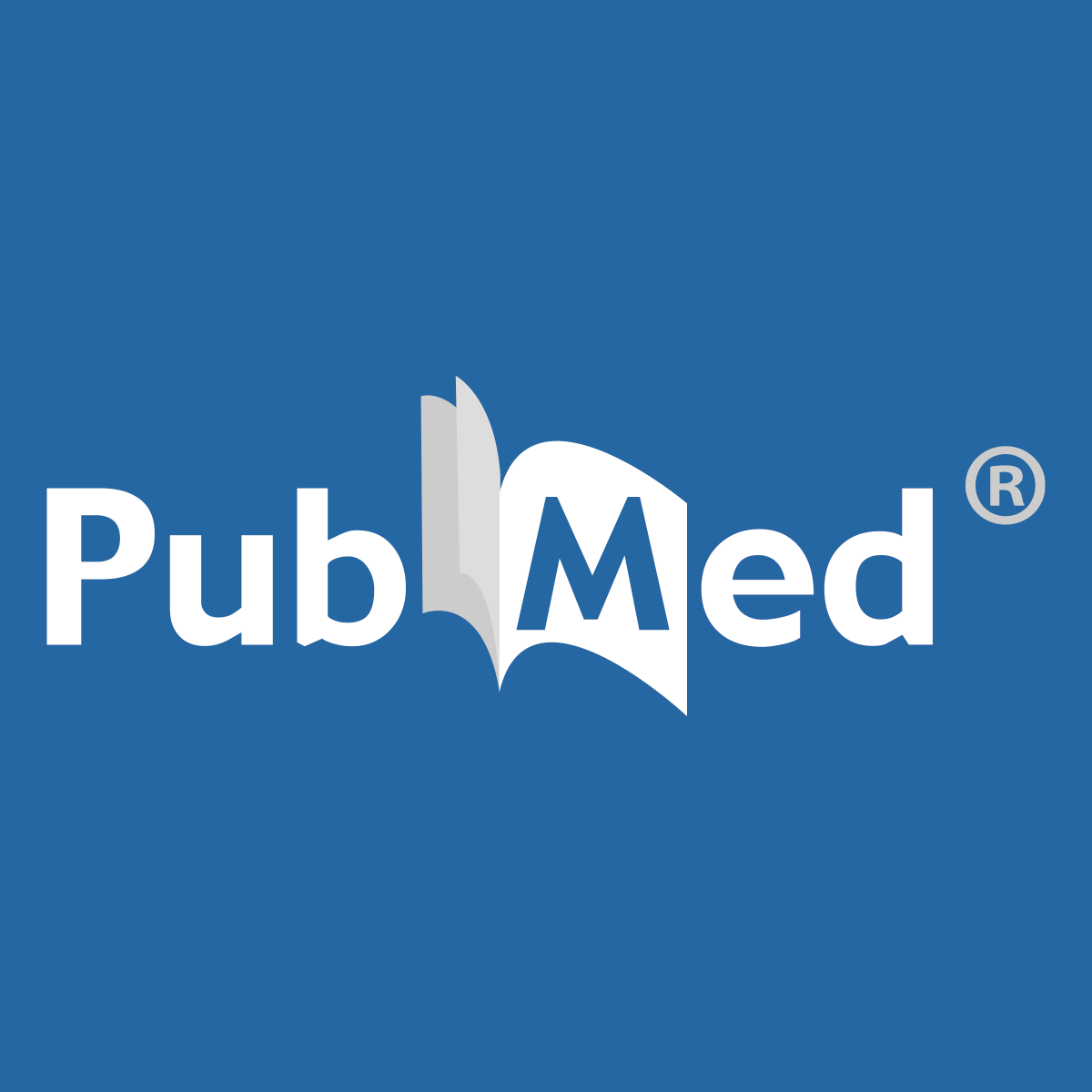
Stevia rebaudiana Bertoni and Its Effects in Human Disease: Emphasizing Its Role in Inflammation, Atherosclerosis and Metabolic Syndrome - PubMed
A growing body of evidence indicates that Stevia rebaudiana Bertoni is protective against malignant conversion by inhibition of DNA replication in human cancer cell growth in vitro. Consumption of Stevia has demonstrated to be generally safe in most reports. Further clinical studies are warranted to..
https://pubmed.ncbi.nlm.nih.gov/29995279/A growing body of evidence indicates that Stevia rebaudiana Bertoni is protective against malignant conversion by inhibition of DNA replication in human cancer cell growth in vitro.
#Stevia #kombucha #ikombucha_ro #ikombucha
https://p

Stevia rebaudiana Bertoni and Its Effects in Human Disease: Emphasizing Its Role in Inflammation, Atherosclerosis and Metabolic Syndrome - PubMed
A growing body of evidence indicates that Stevia rebaudiana Bertoni is protective against malignant conversion by inhibition of DNA replication in human cancer cell growth in vitro. Consumption of Stevia has demonstrated to be generally safe in most reports. Further clinical studies are warranted to..
https://pubmed.ncbi.nlm.nih.gov/29995279/According to a study published in Oncotarget in 2018, steviol significantly limited the growth of human gastrointestinal cancer cells.
#Stevia #kombucha #ikombucha_ro #ikombucha
https://www.bekarmic.com/b...
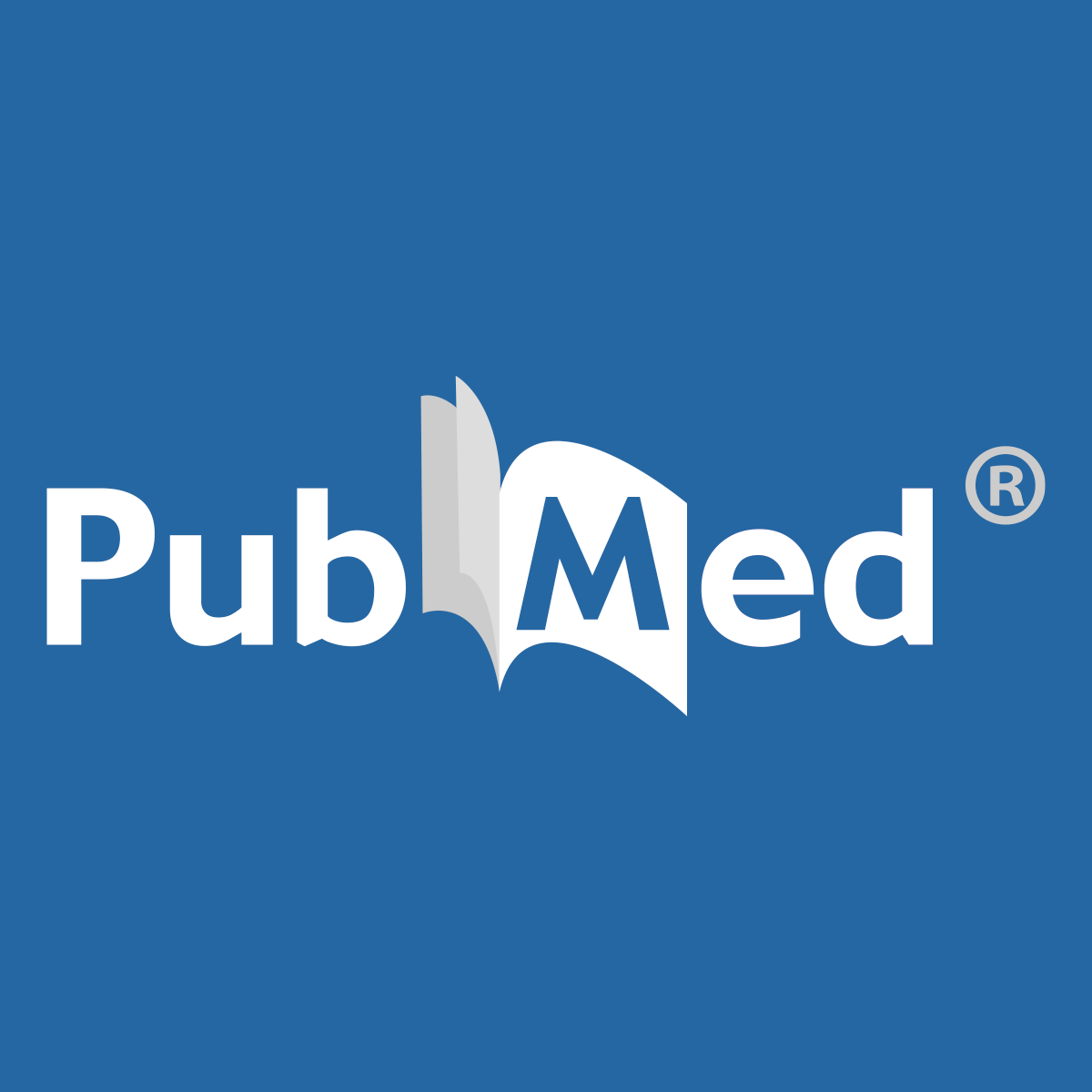
High-throughput screening identifies stevioside as a potent agent to induce apoptosis in bladder cancer cells - PubMed
Collectively, our data suggest that stevioside can be a potential agent for the treatment of BC.
https://pubmed.ncbi.nlm.nih.gov/35820501/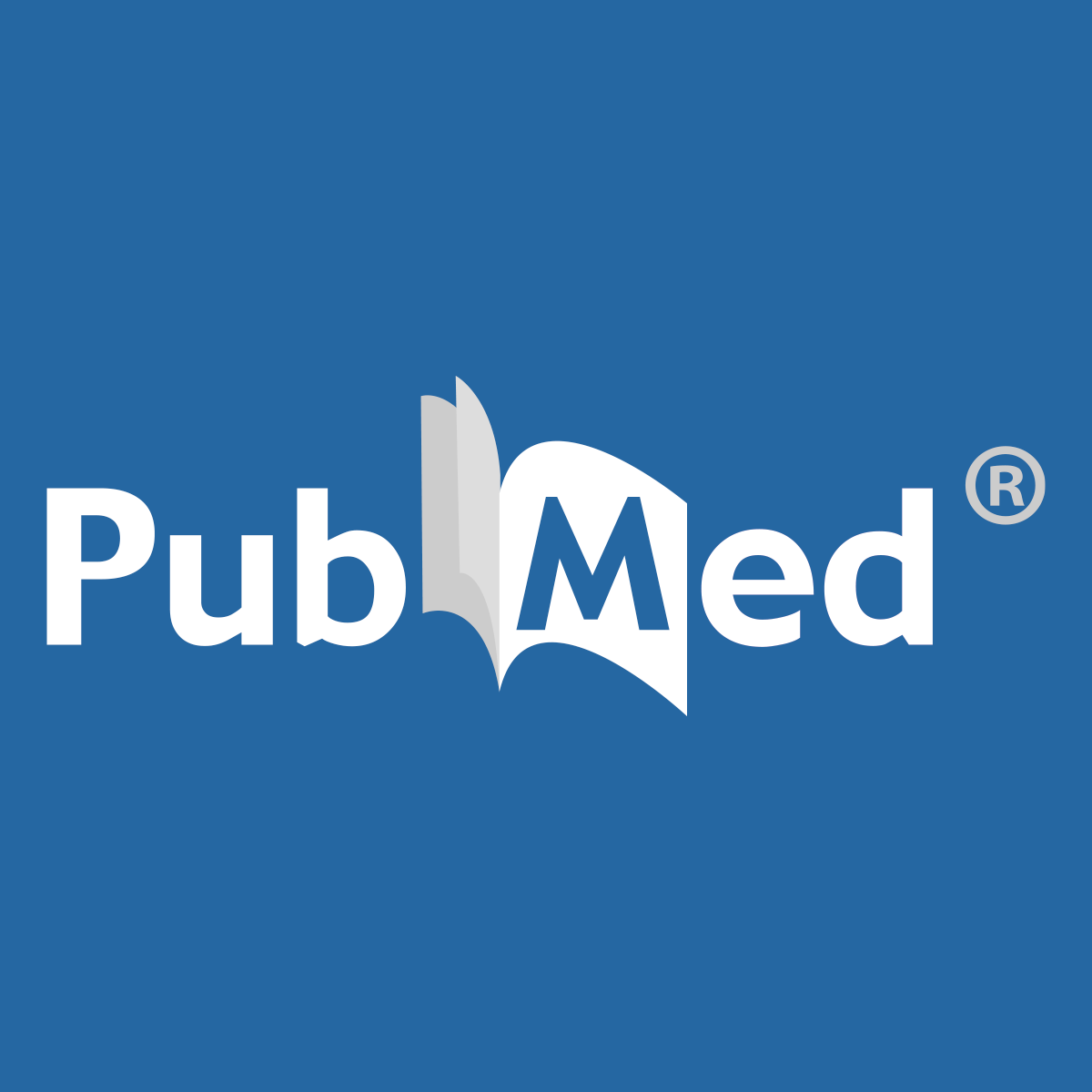
High-throughput screening identifies stevioside as a potent agent to induce apoptosis in bladder cancer cells - PubMed
Collectively, our data suggest that stevioside can be a potential agent for the treatment of BC.
https://pubmed.ncbi.nlm.nih.gov/35820501/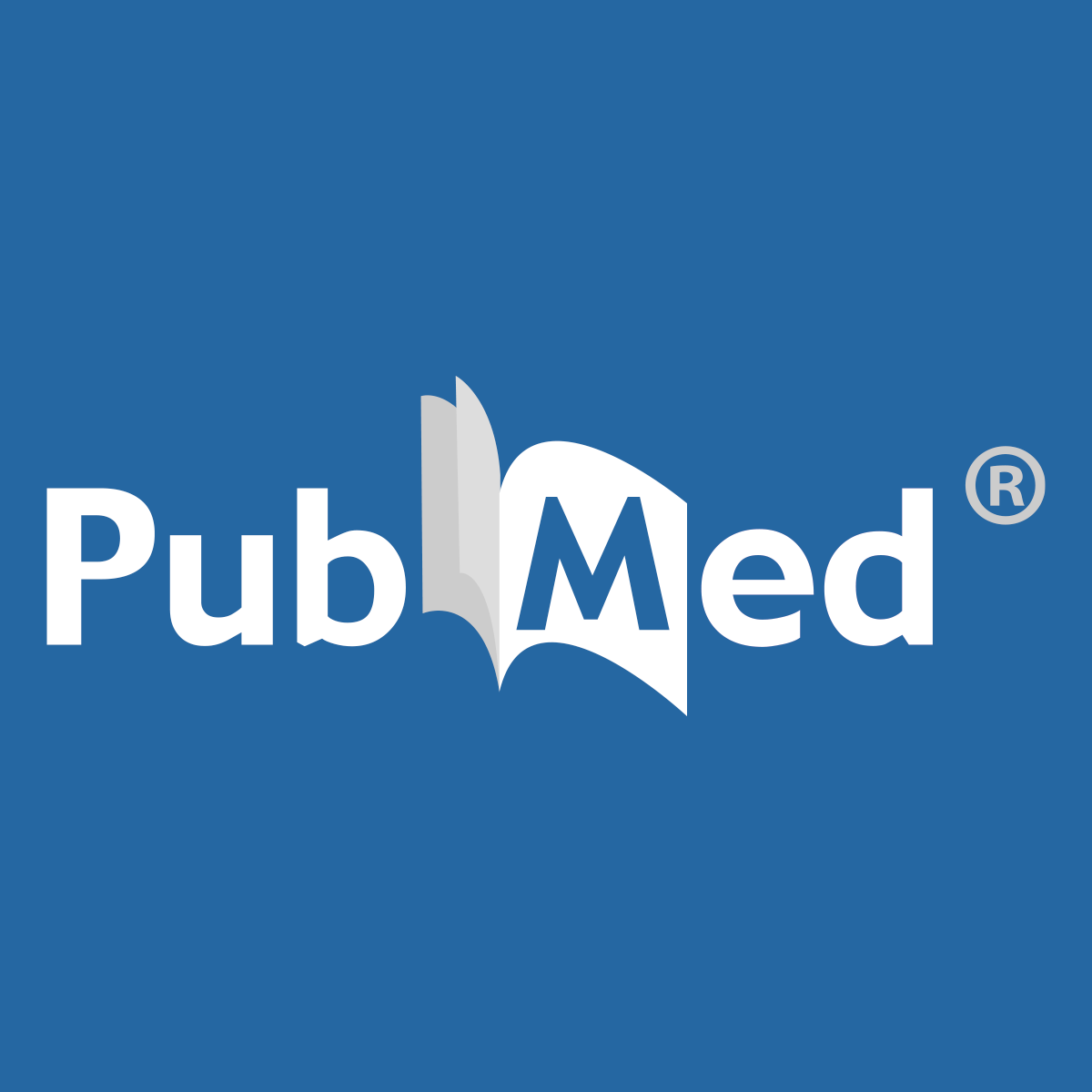
High-throughput screening identifies stevioside as a potent agent to induce apoptosis in bladder cancer cells - PubMed
Collectively, our data suggest that stevioside can be a potential agent for the treatment of BC.
https://pubmed.ncbi.nlm.nih.gov/35820501/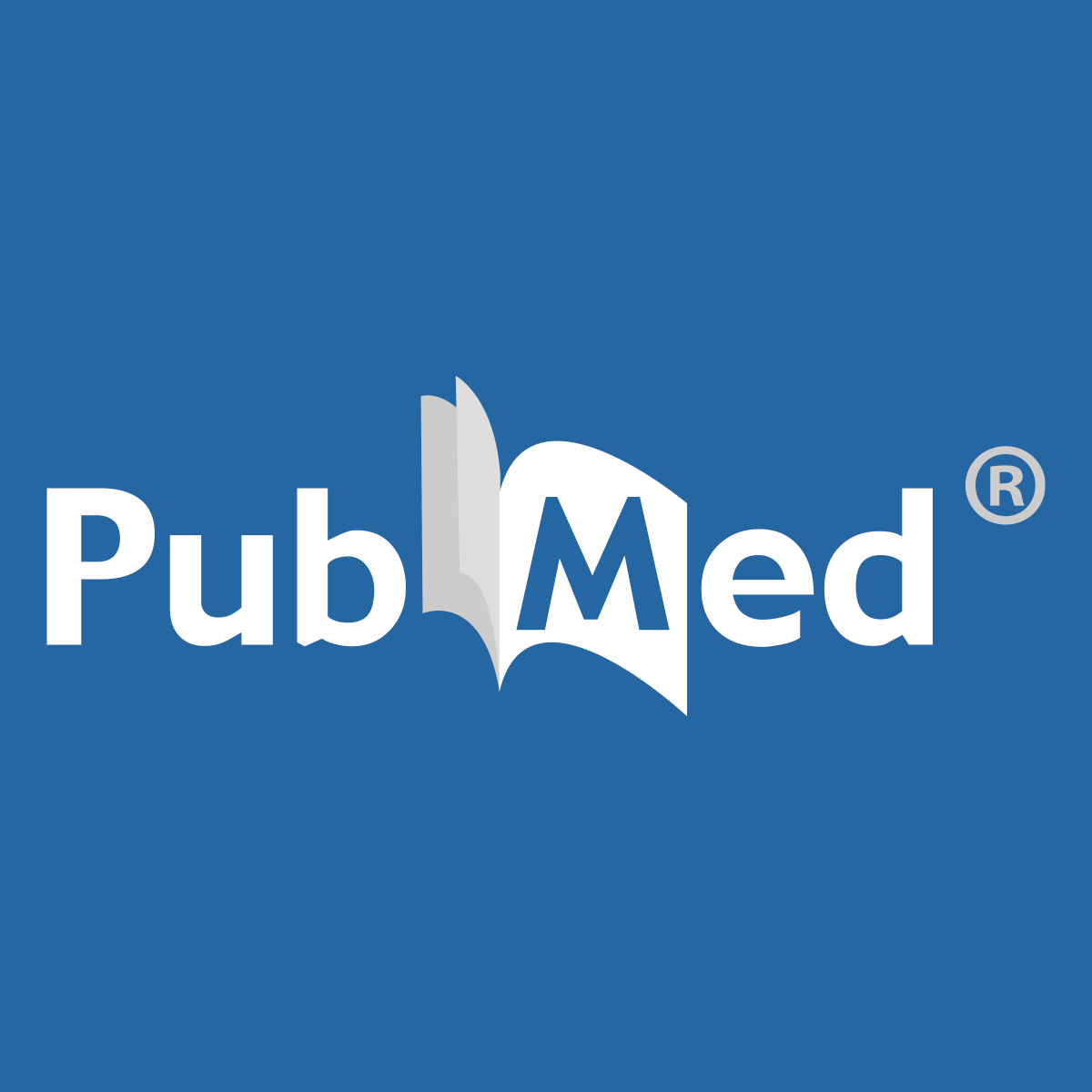
High-throughput screening identifies stevioside as a potent agent to induce apoptosis in bladder cancer cells - PubMed
Collectively, our data suggest that stevioside can be a potential agent for the treatment of BC.
https://pubmed.ncbi.nlm.nih.gov/35820501/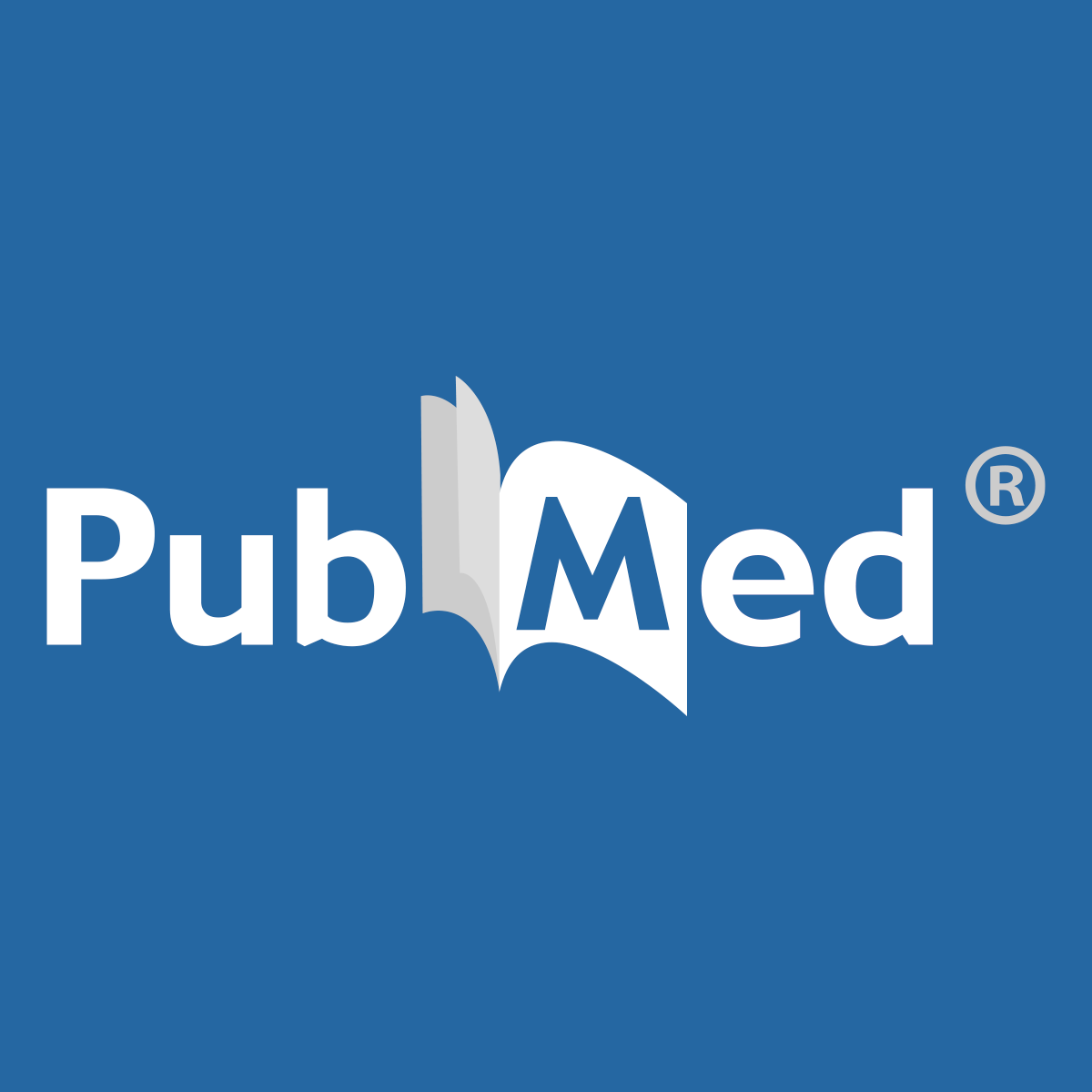
High-throughput screening identifies stevioside as a potent agent to induce apoptosis in bladder cancer cells - PubMed
Collectively, our data suggest that stevioside can be a potential agent for the treatment of BC.
https://pubmed.ncbi.nlm.nih.gov/35820501/#Stevia #kombucha #ikombucha_ro #ikombucha
https://www.portalsalud.co...
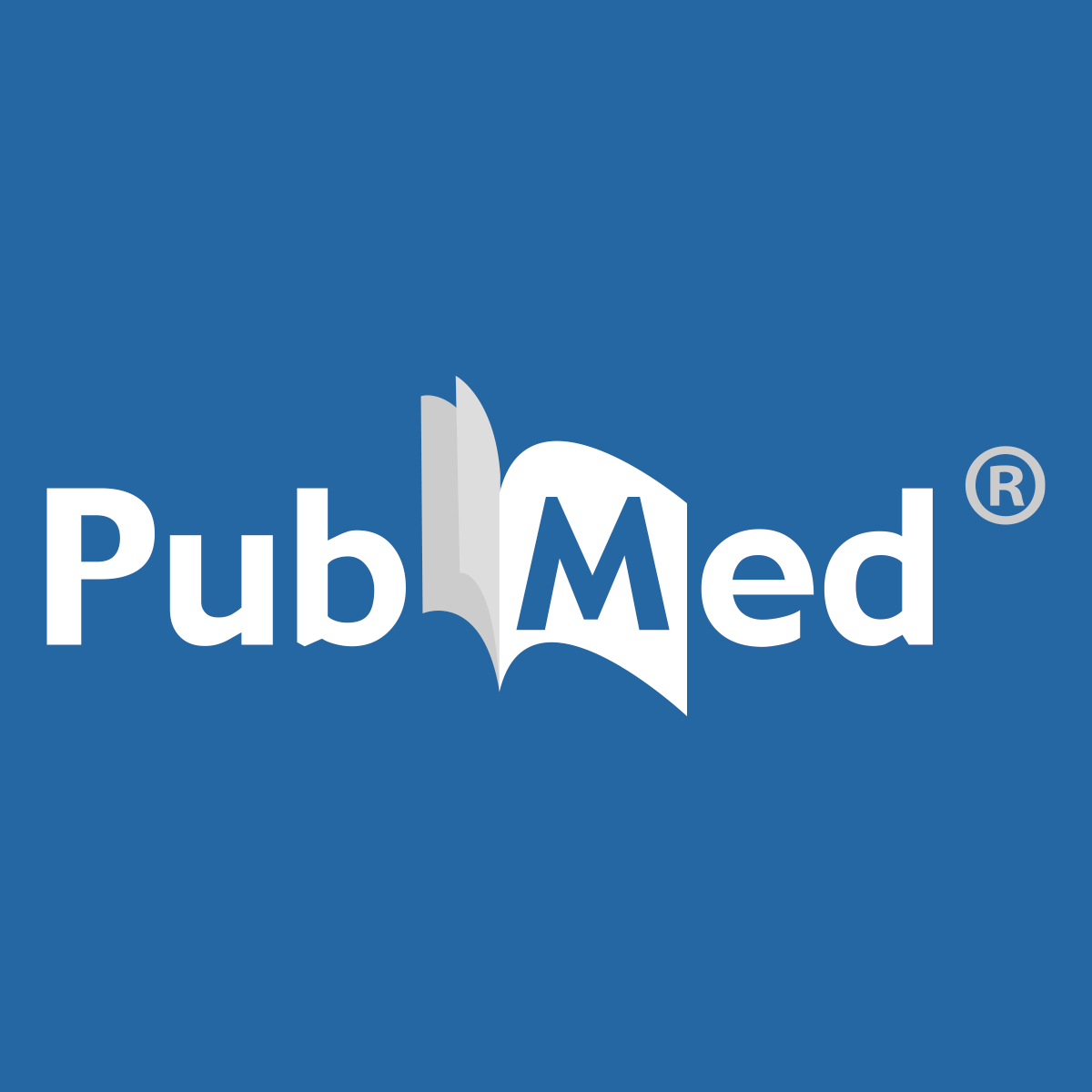
High-throughput screening identifies stevioside as a potent agent to induce apoptosis in bladder cancer cells - PubMed
Collectively, our data suggest that stevioside can be a potential agent for the treatment of BC.
https://pubmed.ncbi.nlm.nih.gov/35820501/Collectively, our data suggest that stevioside can be a potential agent for the treatment of BC.
#Stevia #kombucha #ikombucha_ro #ikombucha
https://pubmed.ncbi.nlm.ni...
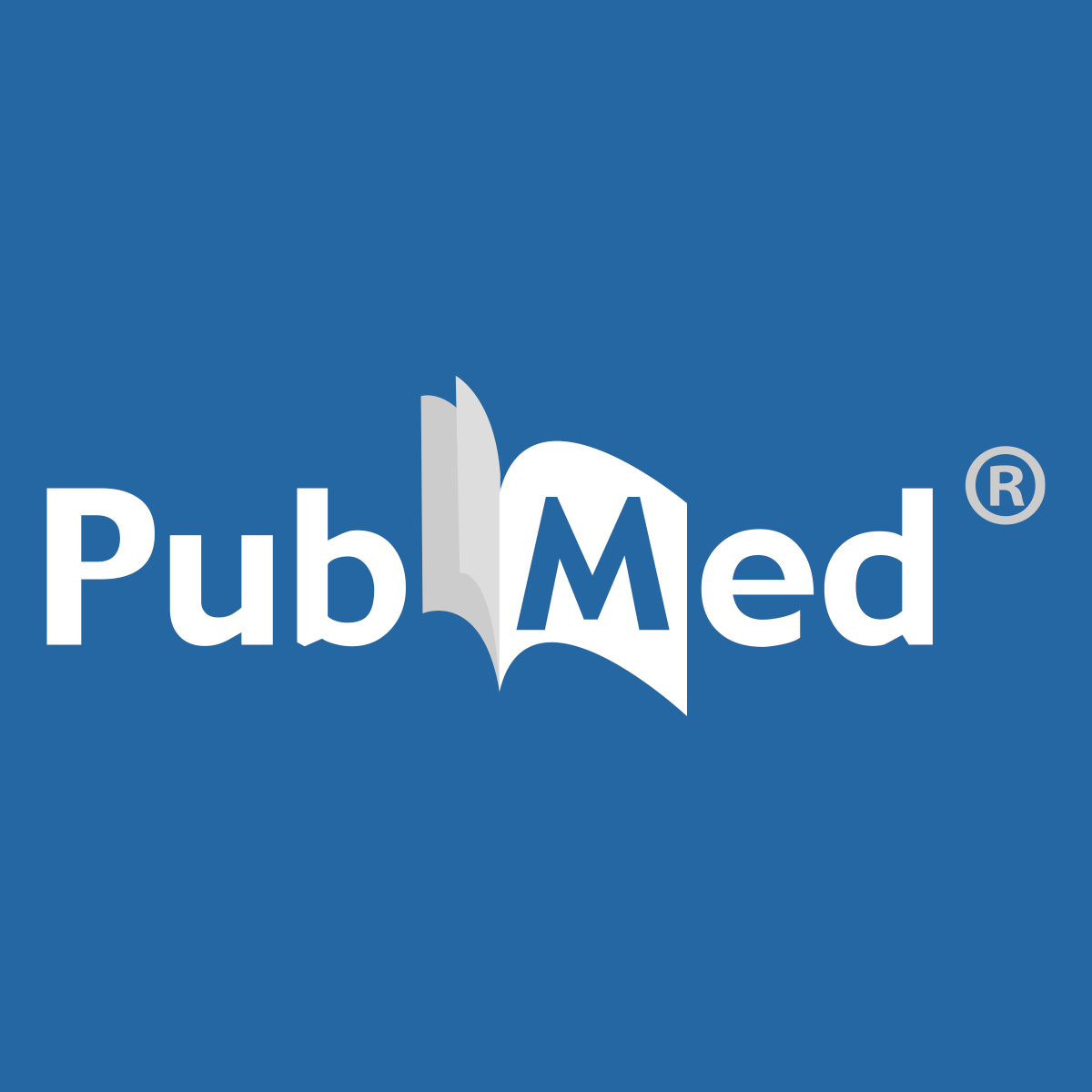
High-throughput screening identifies stevioside as a potent agent to induce apoptosis in bladder cancer cells - PubMed
Collectively, our data suggest that stevioside can be a potential agent for the treatment of BC.
https://pubmed.ncbi.nlm.nih.gov/35820501/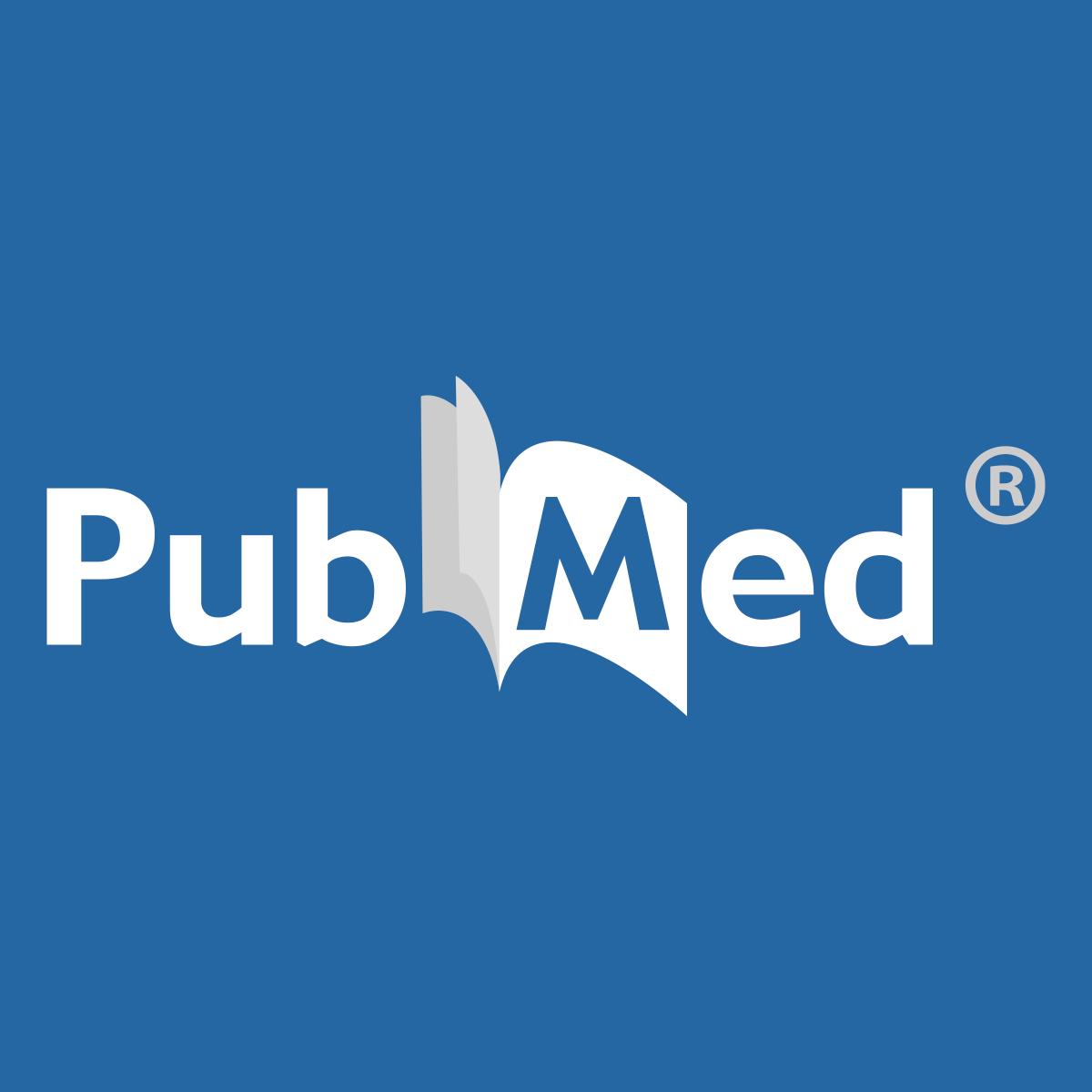
Review of the nutritional benefits and risks related to intense sweeteners - PubMed
Regarding nutritional benefits, the available studies, while numerous, do not provide proof that the consumption of artificial sweeteners as sugar substitutes is beneficial in terms of weight management, blood glucose regulation in diabetic subjects or the incidence of type 2 diabetes. Regarding nut..
https://pubmed.ncbi.nlm.nih.gov/26430511/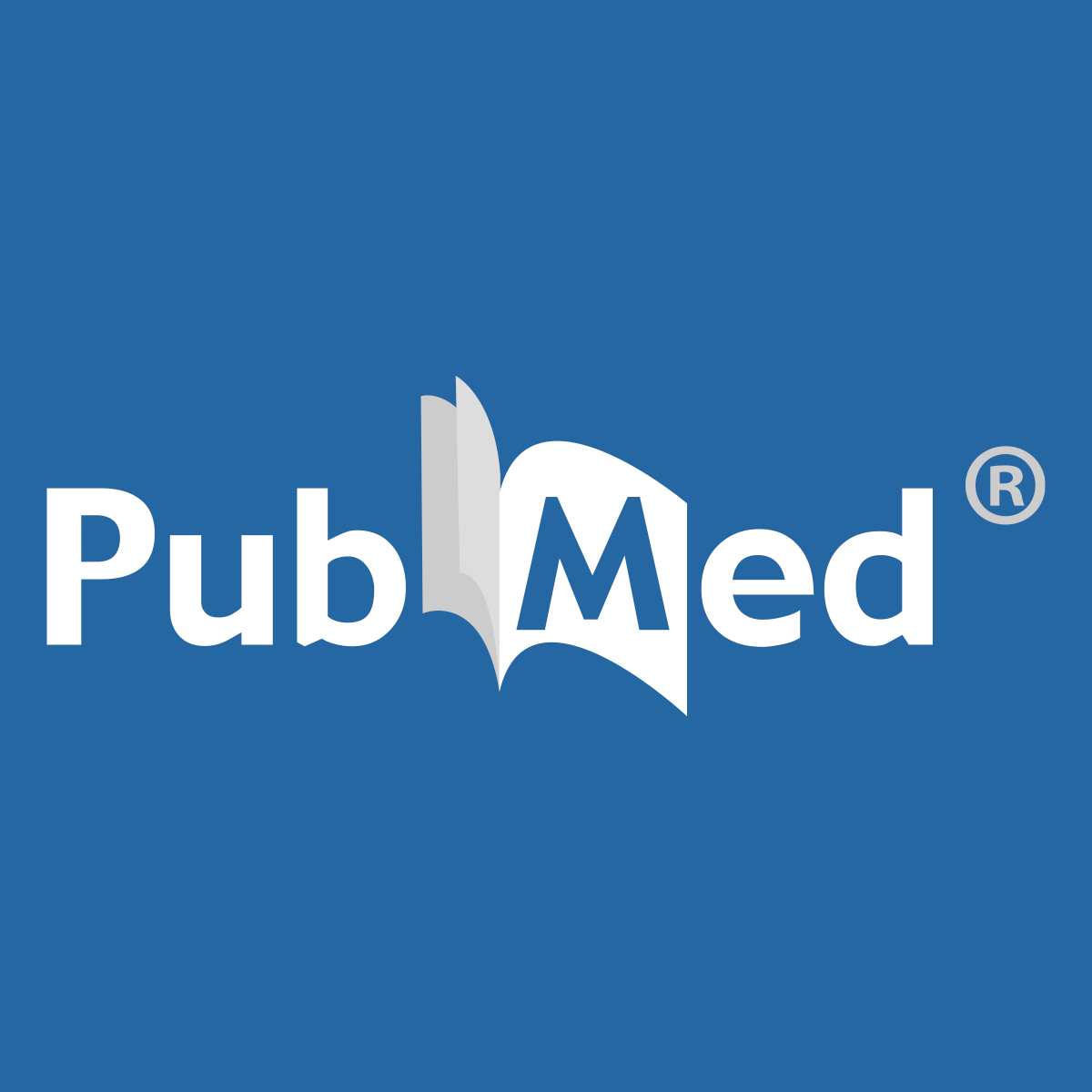
Review of the nutritional benefits and risks related to intense sweeteners - PubMed
Regarding nutritional benefits, the available studies, while numerous, do not provide proof that the consumption of artificial sweeteners as sugar substitutes is beneficial in terms of weight management, blood glucose regulation in diabetic subjects or the incidence of type 2 diabetes. Regarding nut..
https://pubmed.ncbi.nlm.nih.gov/26430511/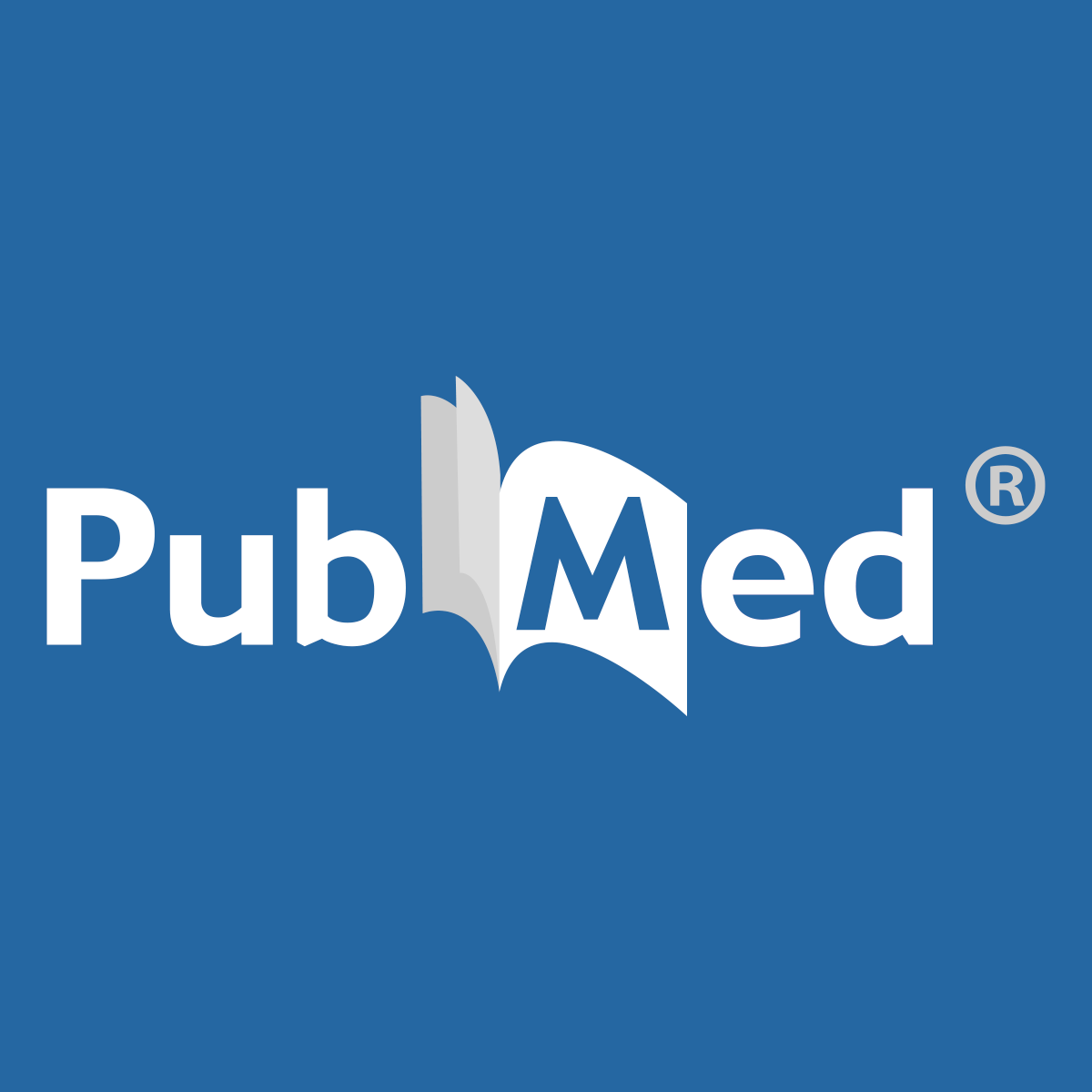
Environmental cues induce changes of steviol glycosides contents and transcription of corresponding biosynthetic genes in Stevia rebaudiana - PubMed
Plant growth and secondary metabolism are commonly regulated by external cues such as light, temperature and water availability. In this study, the influences of low and high temperatures, dehydration, photoperiods, and different growing stages on the changes of steviol glycosides (SGs) contents and..
https://pubmed.ncbi.nlm.nih.gov/25500454/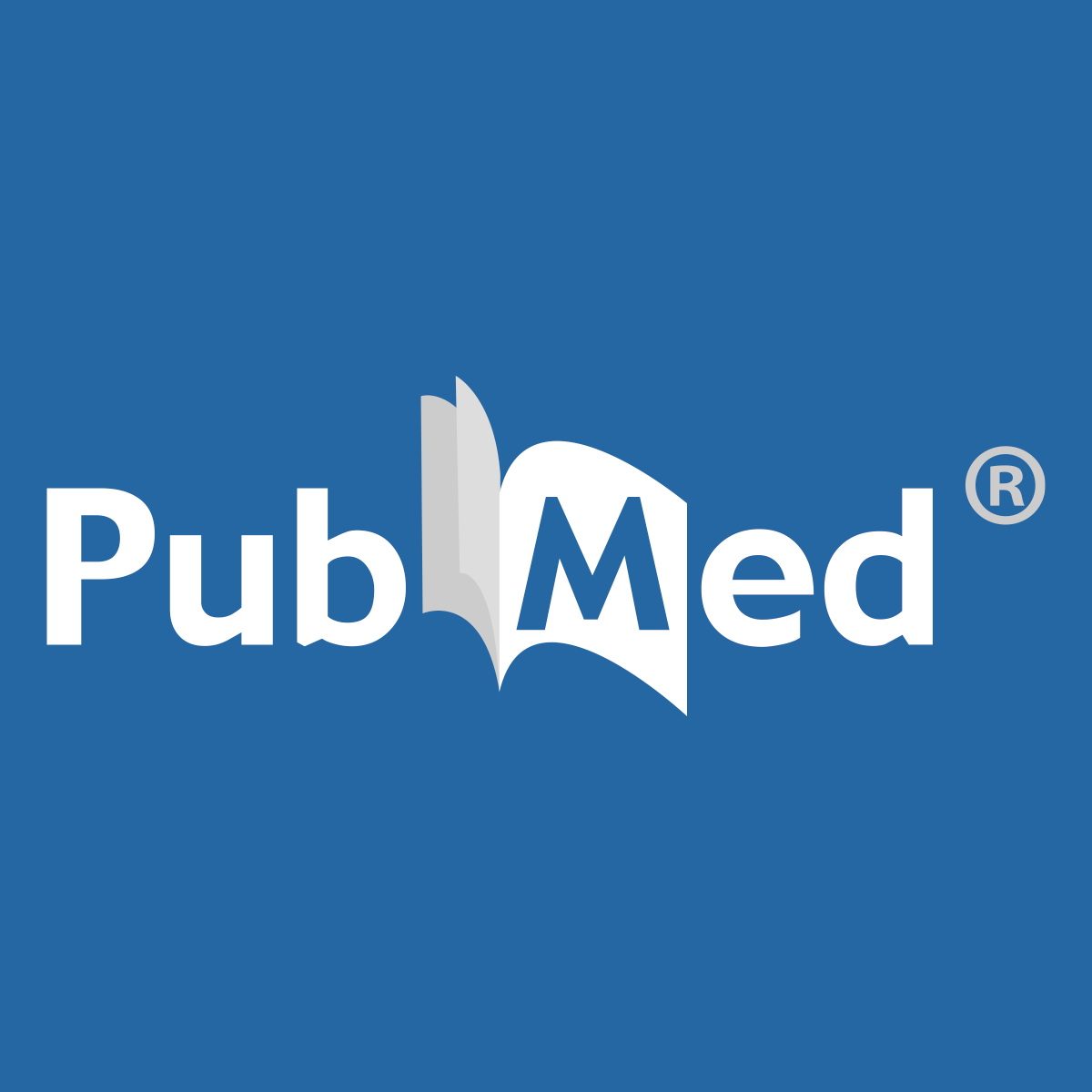
Environmental cues induce changes of steviol glycosides contents and transcription of corresponding biosynthetic genes in Stevia rebaudiana - PubMed
Plant growth and secondary metabolism are commonly regulated by external cues such as light, temperature and water availability. In this study, the influences of low and high temperatures, dehydration, photoperiods, and different growing stages on the changes of steviol glycosides (SGs) contents and..
https://pubmed.ncbi.nlm.nih.gov/25500454/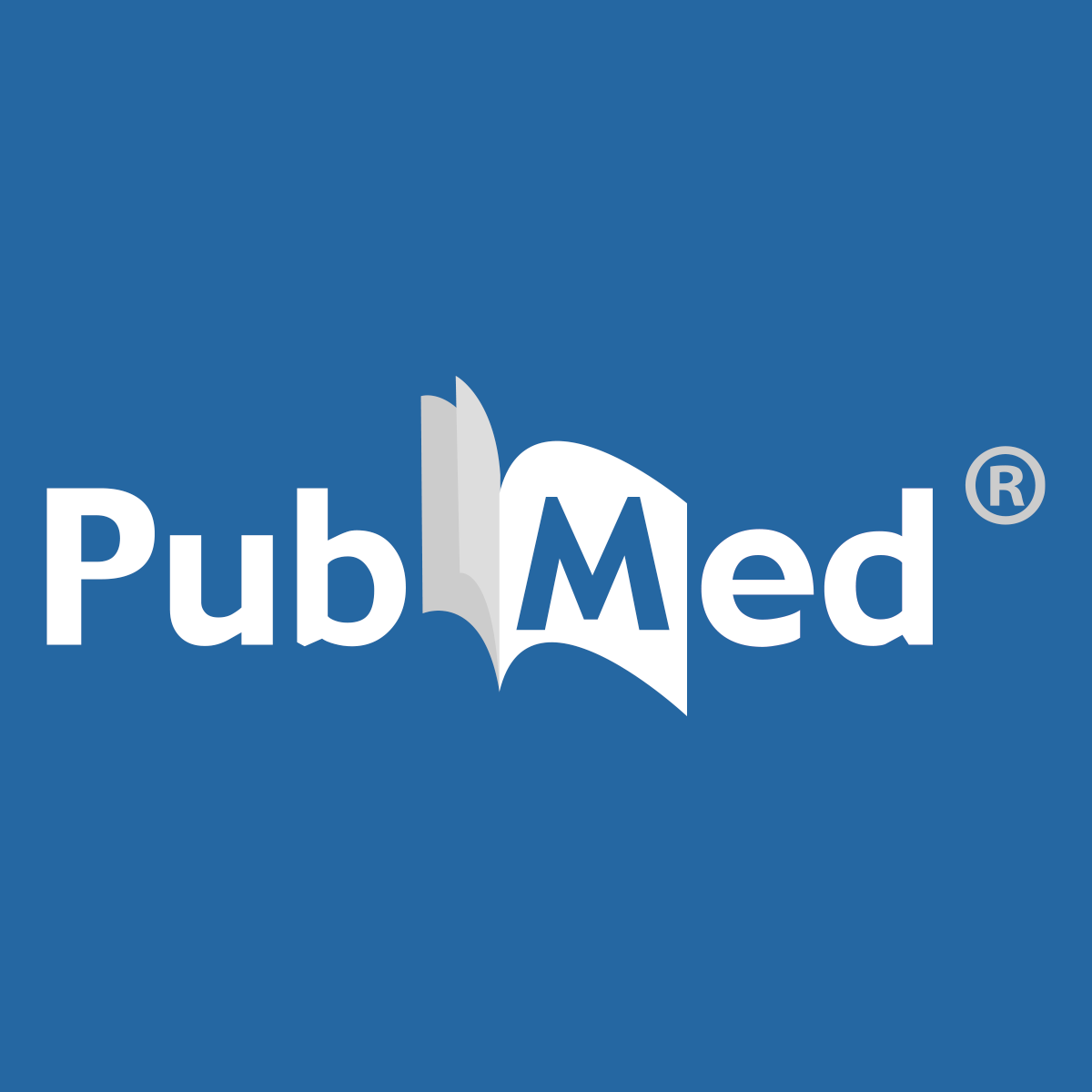
Environmental cues induce changes of steviol glycosides contents and transcription of corresponding biosynthetic genes in Stevia rebaudiana - PubMed
Plant growth and secondary metabolism are commonly regulated by external cues such as light, temperature and water availability. In this study, the influences of low and high temperatures, dehydration, photoperiods, and different growing stages on the changes of steviol glycosides (SGs) contents and..
https://pubmed.ncbi.nlm.nih.gov/25500454/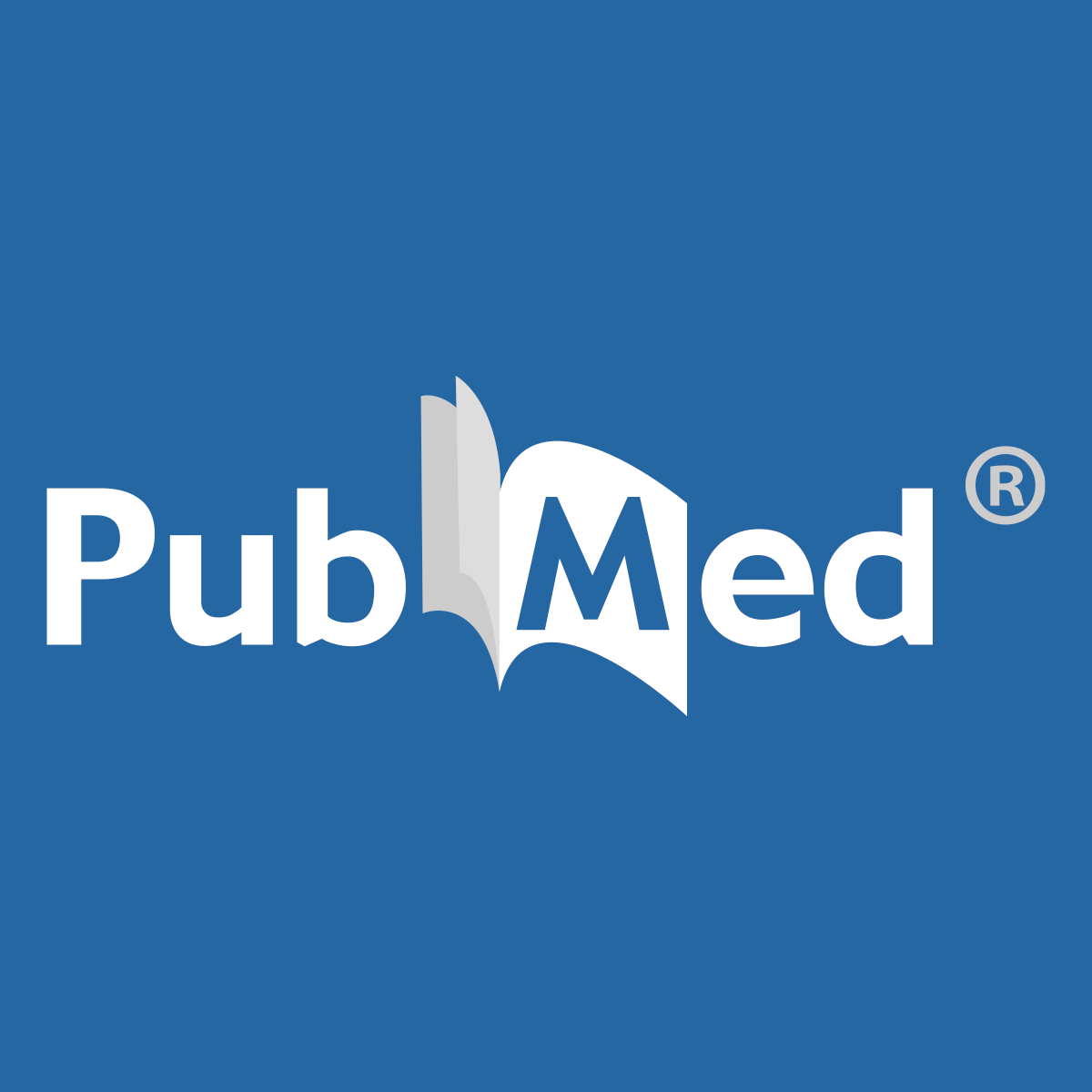
Environmental cues induce changes of steviol glycosides contents and transcription of corresponding biosynthetic genes in Stevia rebaudiana - PubMed
Plant growth and secondary metabolism are commonly regulated by external cues such as light, temperature and water availability. In this study, the influences of low and high temperatures, dehydration, photoperiods, and different growing stages on the changes of steviol glycosides (SGs) contents and..
https://pubmed.ncbi.nlm.nih.gov/25500454/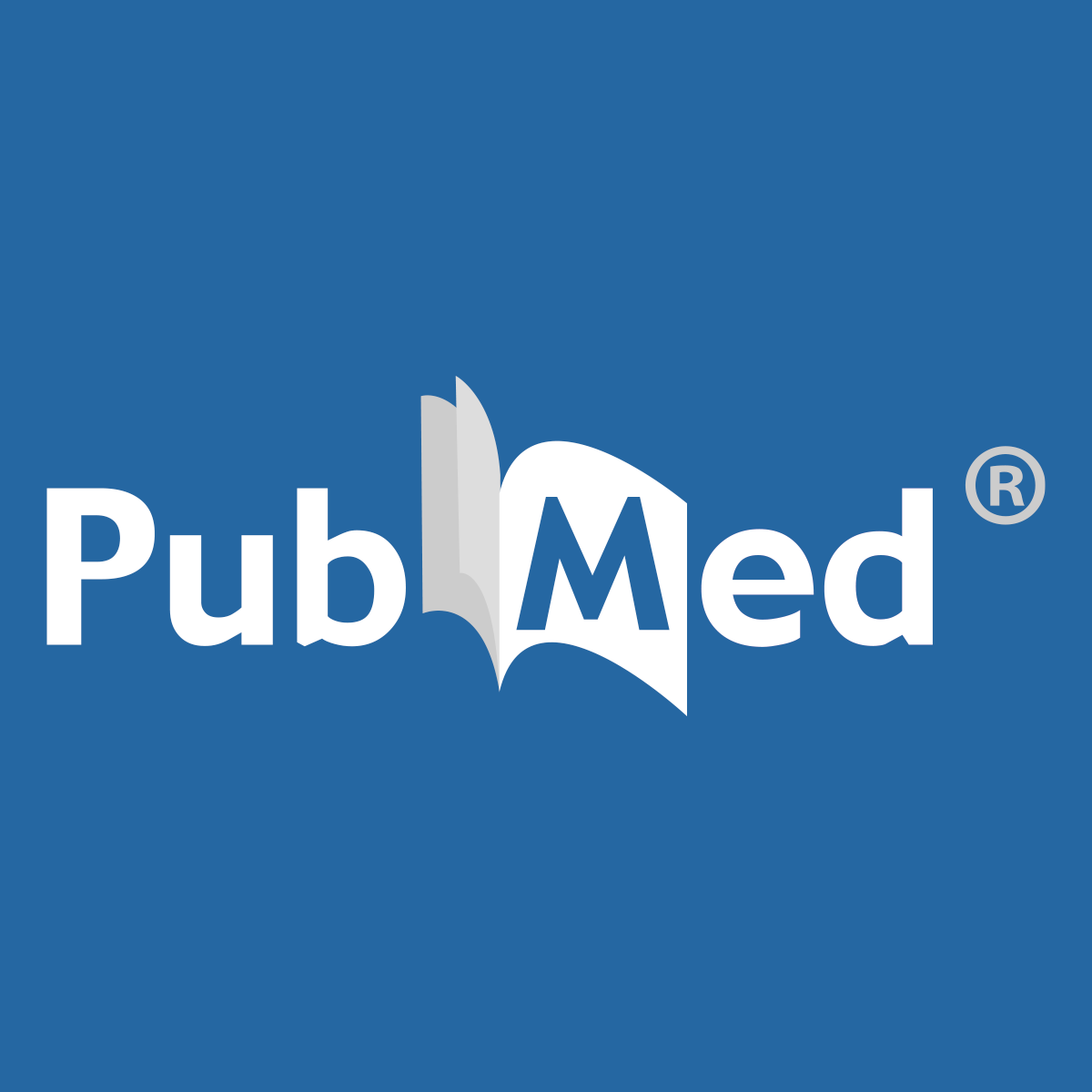
Metabolic fate in adult and pediatric population of steviol glycosides produced from stevia leaf extract by different production technologies - PubMed
More than 60 naturally occurring steviol glycosides in the Stevia rebaudiana Bertoni plant share a similar molecular structure with an aglycone steviol backbone conjugated with β- and α-glycosidic bonds to different sugar moieties. These glycosides are naturally produced in different quantities with..
https://pubmed.ncbi.nlm.nih.gov/32745585/